Educational Trip To Thailand For International Schools
Experience Thailand’s impressive temples and tasty local cuisine and allow students to explore what makes this destination popular.
Subjects covered
Cultural
History
Active
STEM
CAS
Our tailor-made packages include...
Choose your excursions
This is a highly revered temple, containing a holy relic of the Lord Buddha. Spectacularly situated on a mountain top, at an altitude of 3,520 feet, it affords splendid views of the city and surrounding countryside.
For an enchanting evening, take your students to Bangkok’s most famous cultural show: Siam Niramit. Enjoy dinner with a choice of Thai or Western buffet, followed by a live show performed by over 150 artists. The show is split between three sections, ‘ancient civilizations’, ‘spiritual discovery’ and ‘Thai festivals’, which take you through 700 years back in time to ancient Siam.
Bangkok is home to over 400 Buddhist temples or Wat in Thai. This tour invites you to discover some of the city’s most prestigious ones, including Wat Traimit, Wat Pho and the Grand Palace, home to Wat Phra Kaew where visitors come from all over Asia to admire and pray to the Emerald Buddha.
Take the time to visit the charming Thonburi neighbourhood, where traditional long-tail boats glide down the narrow canals of the Chao Phraya River. Sit back and enjoy a more quiet side of Bangkok, and observe the local life on wooden houses and floating markets. This tour is the opportunity to visit the impressive Wat Arun standing 79 metres tall over Thonburi.
Discover the highlights of Ayuatthaya, the ancient capital of Thailand. Start the day at the Bang Pa-In Palace, where you can explore the majestic grounds and its many temples. Next up is Wat Yai Chai Mongkol, a temple built by King U-Thong for monks returning from Sri Lanka. Followed by Wat Phra Sri Sanphet, a temple monks cannot enter due to its royal status, and Wat Nahathat, famous for a Buddha head entwined in the roots of a Bodhi tree.
Spend the day exploring the mangrove plantation project located in the province of Samut Songkram. This educational visit starts with lectures on the planting activities taking place in the forest, followed by a cruise on long-tail boats through the mangrove forest. Pop in to a local cockle farm and learn about this fragile ecosystem. Students get involved with planting a redeveloped lane and witnessing the fishermen’s way of life in this atypical environment.
Welcome to the Kanchanaburi Province, most known for its amazing views and the River Kwai. Stop to see the famous bridge built during WWII between Thailand and Myanmar. Visit the Kanchanaburi War Cemetery to learn about the history of the ‘Death Railway’ and the thousands of men who died building it. End the day with a visit to the Thai-Burma Railway Museum.
Visit an elephant camp located in the lush Thai jungle of the Kanchanaburi Province. Meet some of Thailand’s gentle giants in a fun and ethical approach. Head to the river for a bathing session and watch the elephants as well as the students enjoy this precious moment. A great opportunity for taking pictures and building lifelong memories.
Visit Nong Khao Village for a feel of rural Thailand and the life of local farmers. Witness activities such as rice pounding and dessert making, and traditional ceremonies. Don’t miss the Nong Khao Village Shrine to make offerings to the spirits of the village learn more about the importance of Buddhism in the region and its influence in people’s daily life.
Erawan National Park is located northwest of Bangkok near the Myanmar border. It is most famous for its seven-tiered crystal blue waterfall. Students can enjoy climbing and swimming their way around this stunning area. The park is home to various exotic species including birds, monkeys, deer and even elephants.
Volunteer at an Elephant Nature Park and help to improve the plight of the Asian elephant. Make a real contribution to conservation in Northern Thailand. The park provides sanctuary for disabled, blind, and orphaned elephants that have often been abused as working animals and for street begging. You will actively be helping improve their lives and the conditions in which they live.
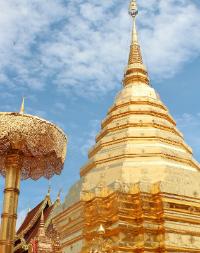
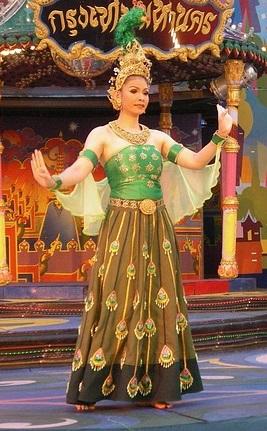
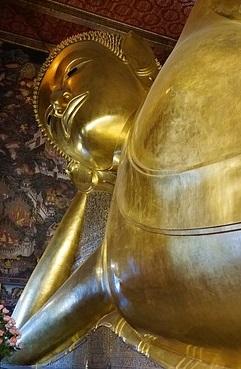
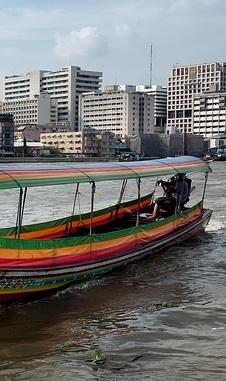
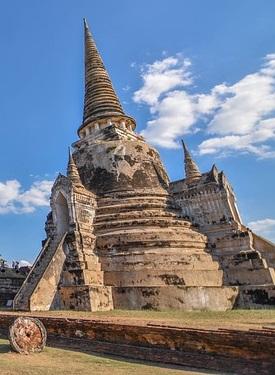
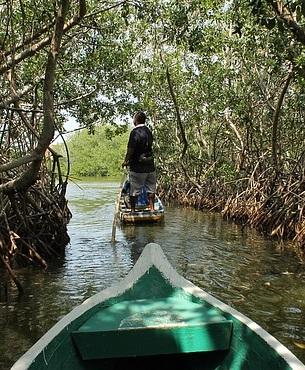
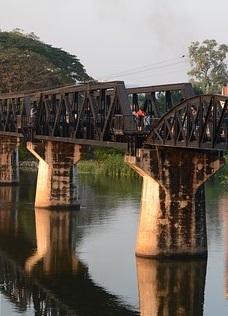
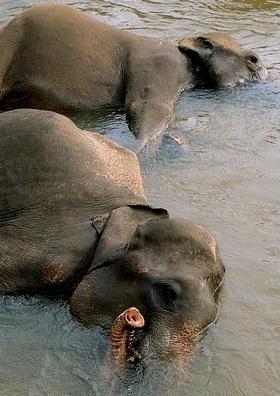
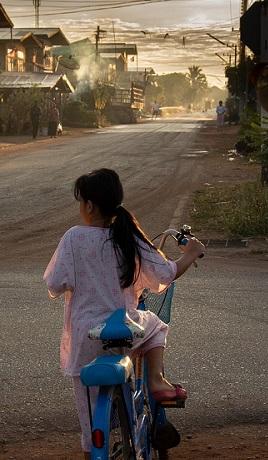
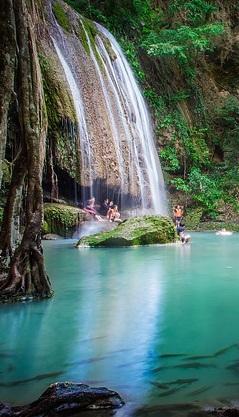
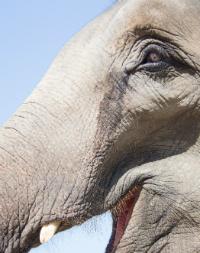
Typical accommodation
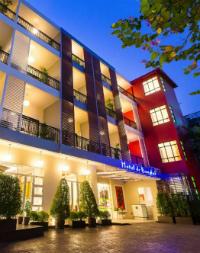
Why groups like it:
Facilities:
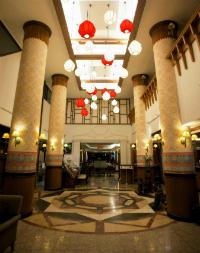
Why groups like it:
Facilities:




